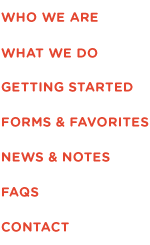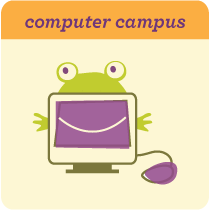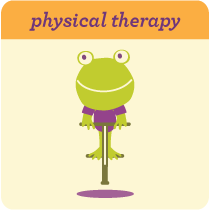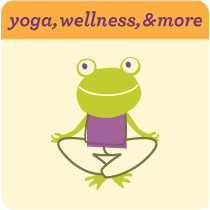 Sensory processingGross motor / Motor PlanningFine motor / HandwritingVisual spatial / Perceptual motorOral sensory / Oral motorSound therapiesInteractive metronomeCranioSacral TherapyConsultationsPrimitive Reflex Integration
Sensory processingGross motor / Motor PlanningFine motor / HandwritingVisual spatial / Perceptual motorOral sensory / Oral motorSound therapiesInteractive metronomeCranioSacral TherapyConsultationsPrimitive Reflex Integration
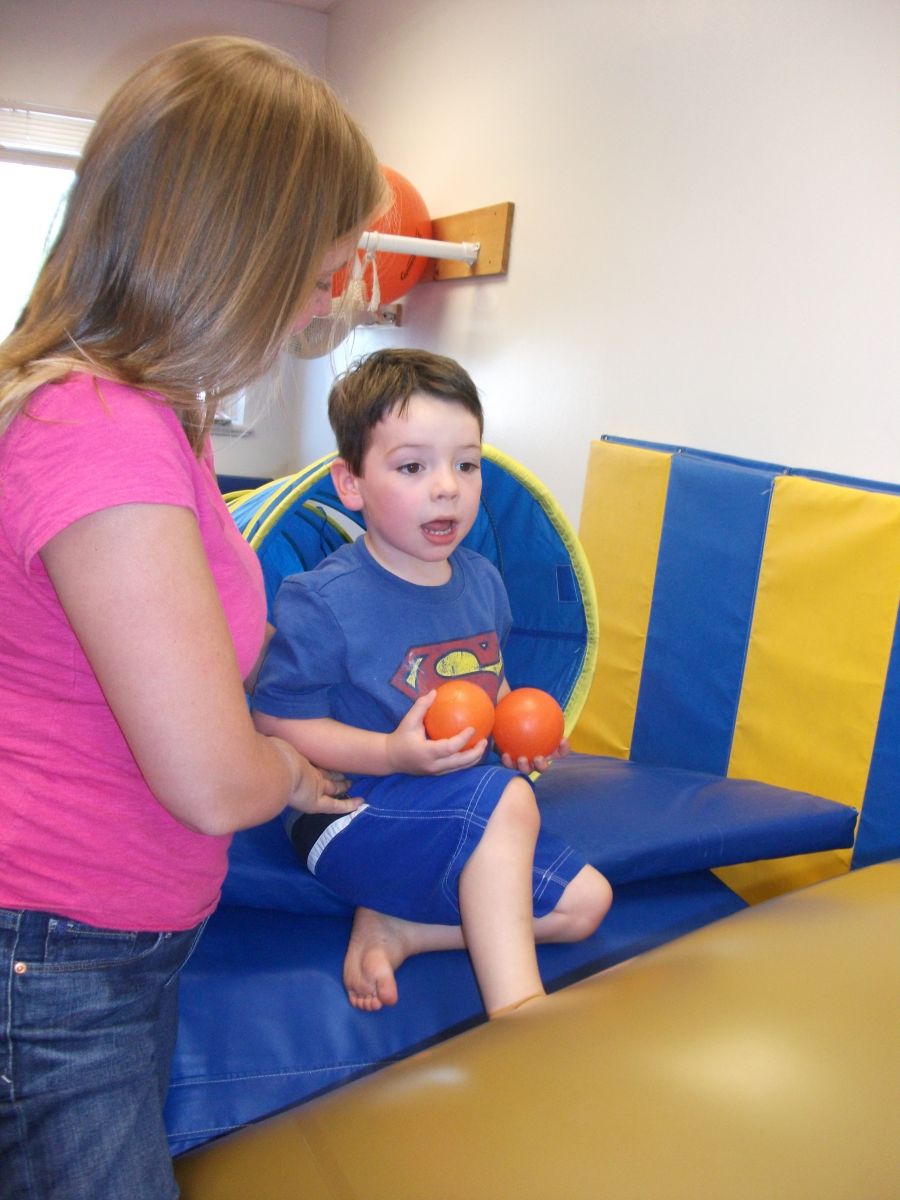
Occupational therapists have a unique understanding of how body scheme and internal body map can be out of sync. When this occurs, a child may have a problem with motor planning (dyspraxia). Your child, who may have normal motor strength and agility, may still have difficulty approaching new motor sequences. For example, they may be able to kick a ball, but not be able to use that skill in a game. Or, they may have the strength to ride a bike, but somehow can not seem to make their body pedal the wheels. Children with motor planning difficulties are reluctant to participant in sports programs, as they do not automatically understand how to initiate, duplicate and expand the skills necessary to participate in specific activities.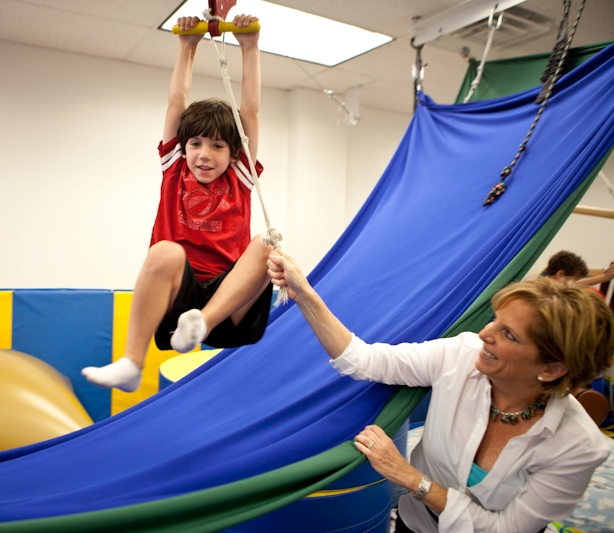
Pediatric Potentials occupational therapists have a full understanding of developmentally appropriate gross motor skills and motor planning abilities. In order to determine what is interfering with your child’s acquisition of age appropriate gross motor skills, and what treatment might benefit your child, Pediatric Potentials therapists will evaluate your child. Depending on your child’s age and development, we may consider whether your child:
If these “red flag” issues are getting in the way of your child’s enjoyment or progress in typical settings, we need to address them.

SN Pediatric Potentials, Inc.  154 S. Livingston Ave, Suite 204
154 S. Livingston Ave, Suite 204  Livingston, NJ 07039
Livingston, NJ 07039
 973.535.5010
973.535.5010
 director@pediatricpotentialsnj.com
director@pediatricpotentialsnj.com
Site designed by Jillian Kornsweig
